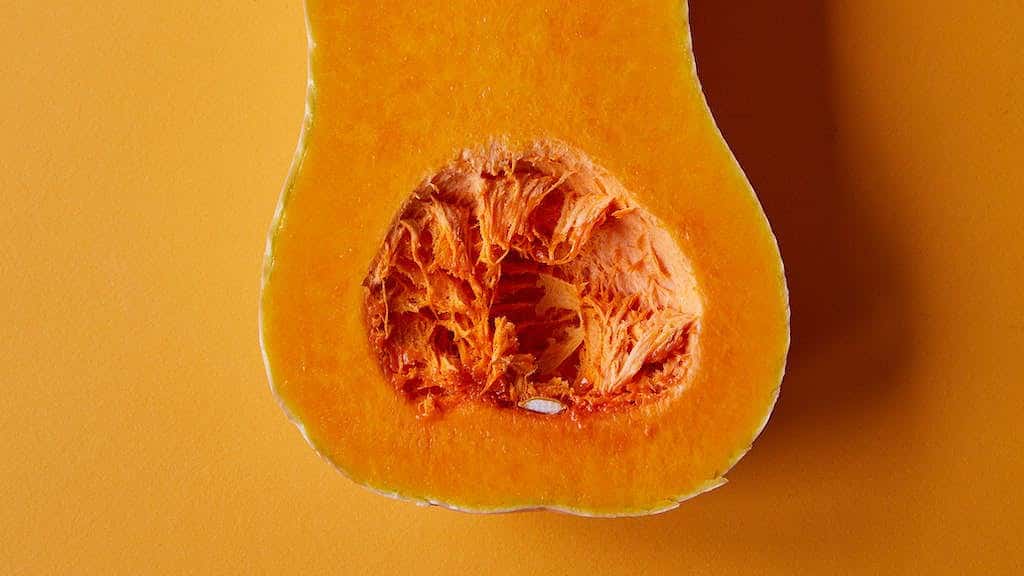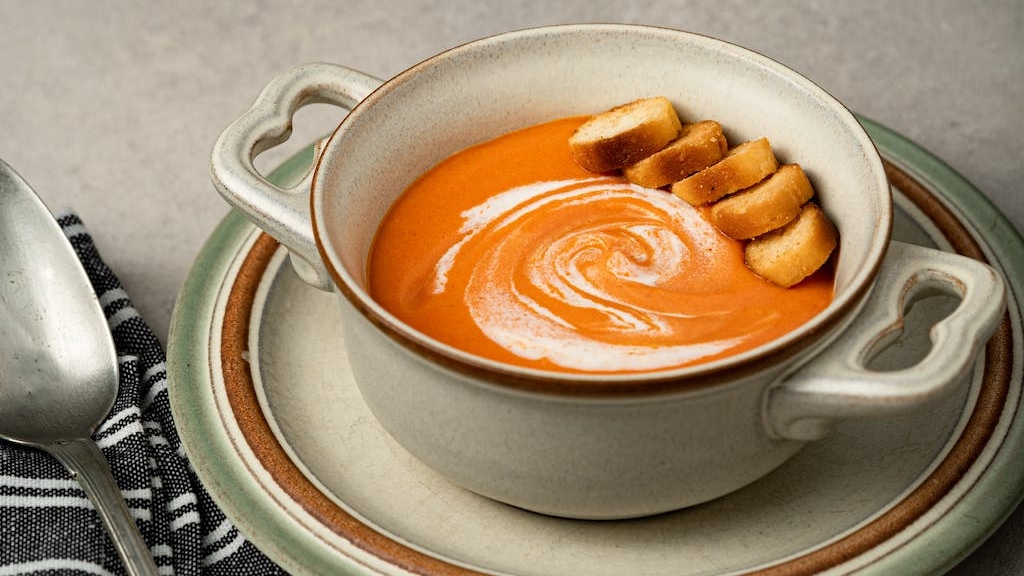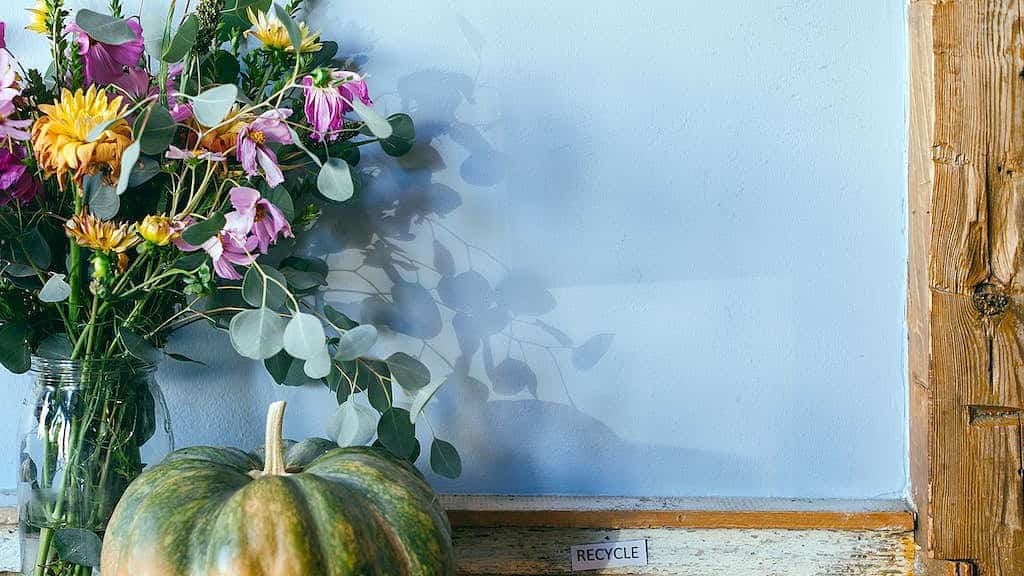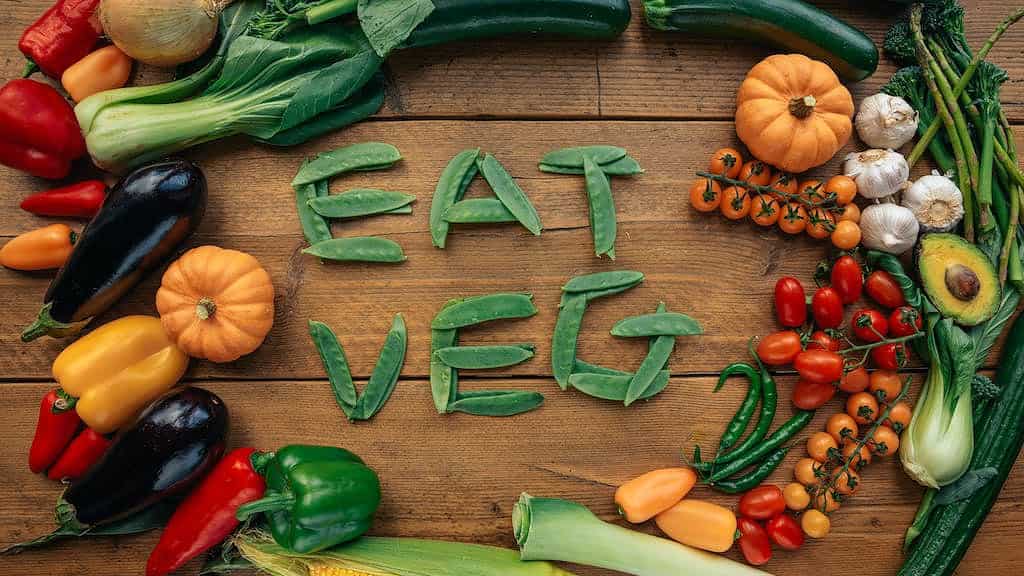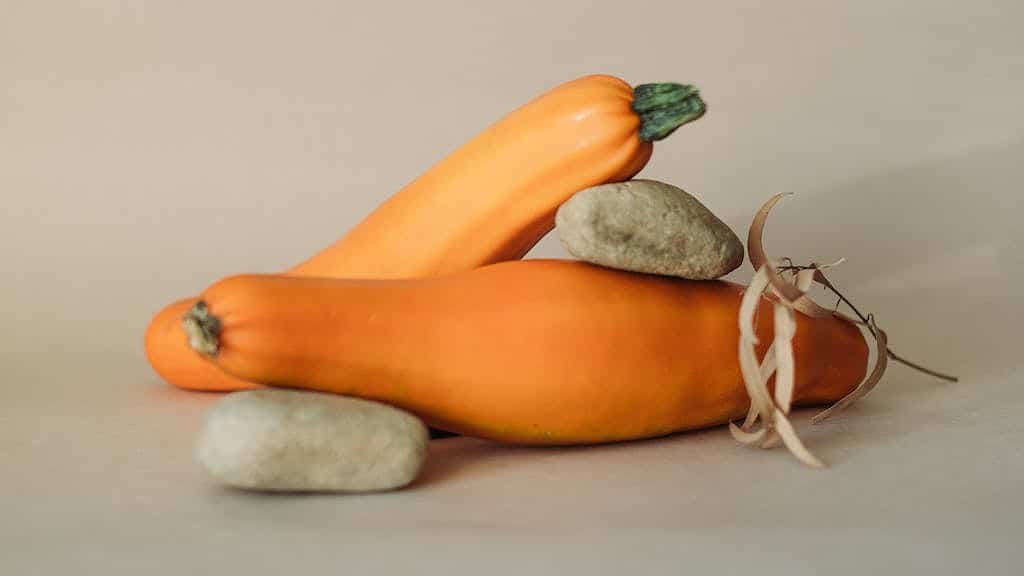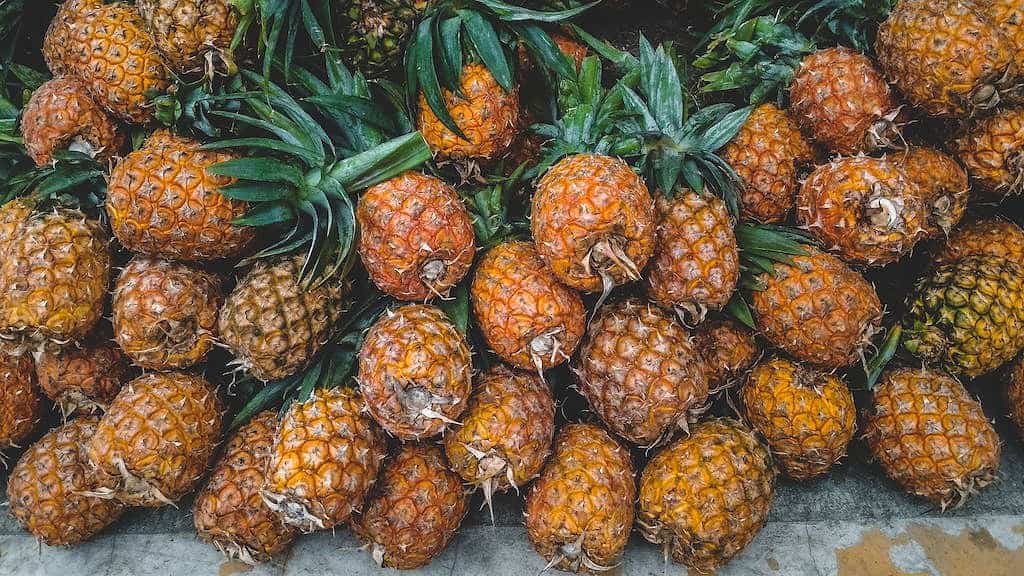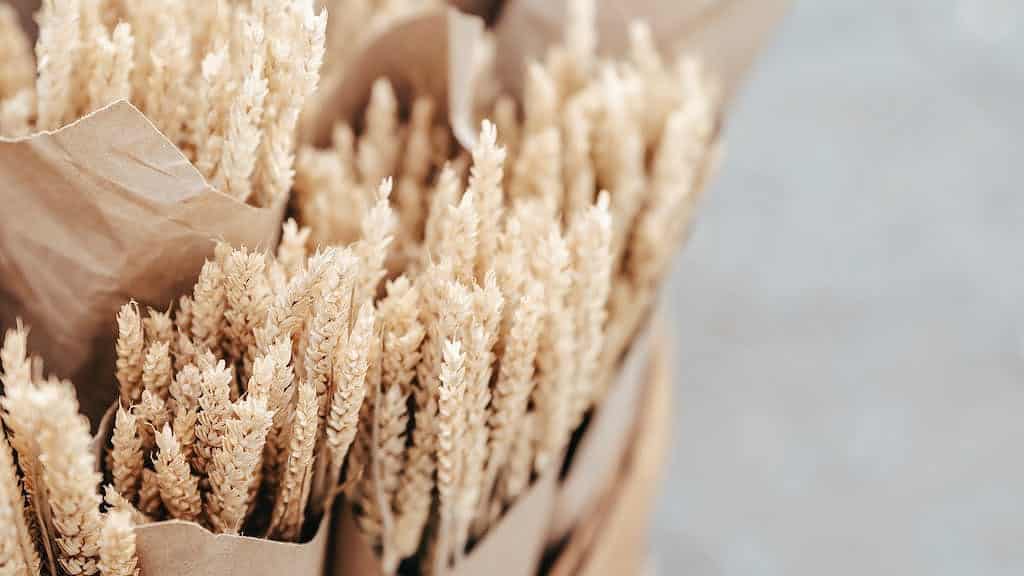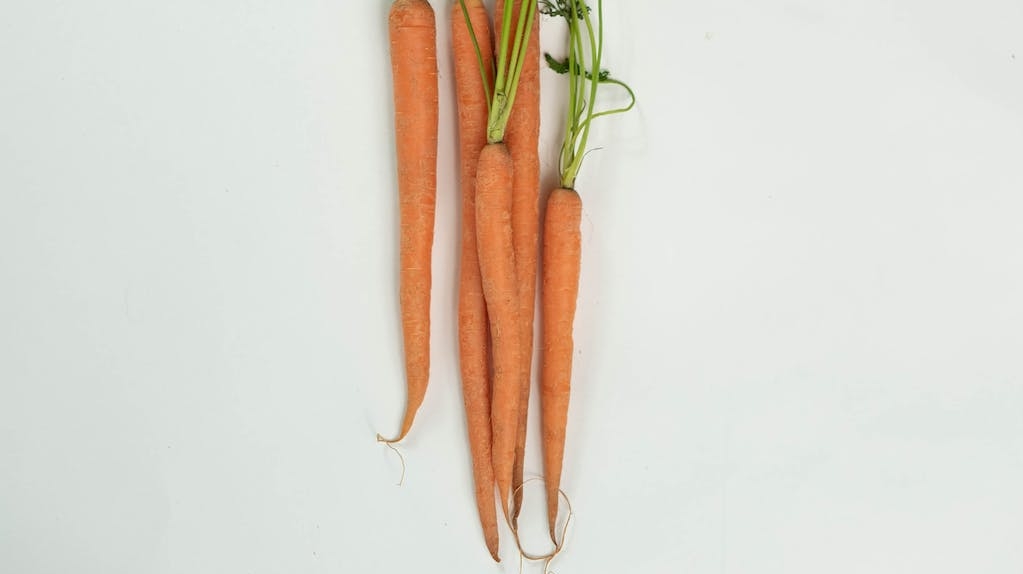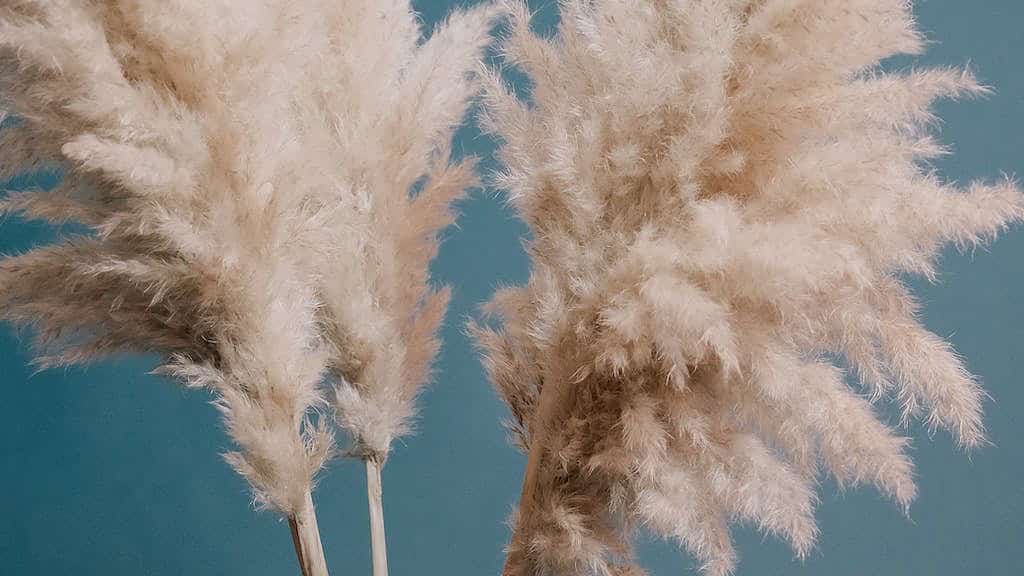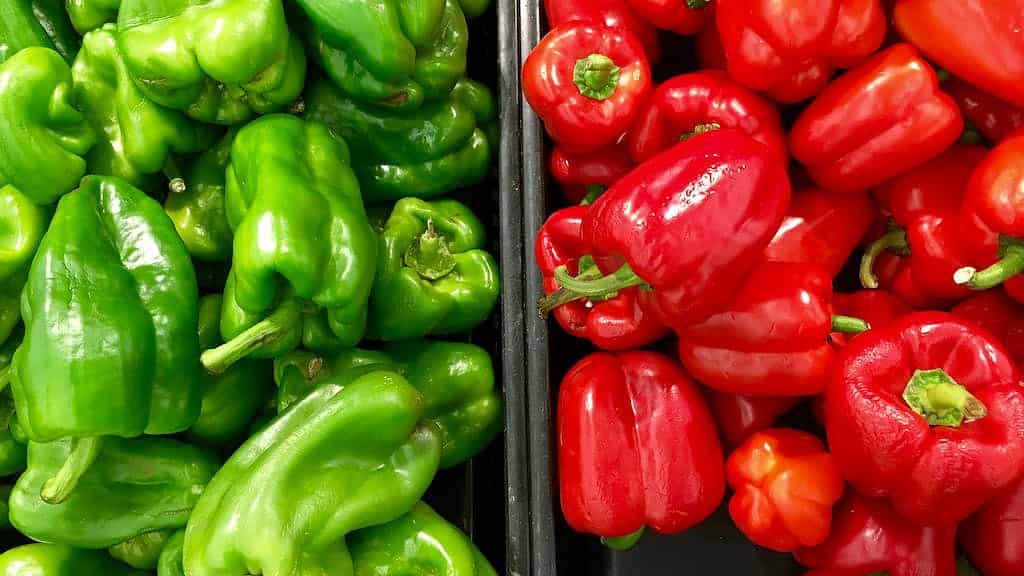Key Takeaways
- Butternut squash can be a healthy addition to your dog’s diet when cooked properly.
- Make sure to remove the skin, seeds, and any seasoning before feeding butternut squash to your dog.
- Introduce butternut squash gradually and in small amounts to check for any adverse reactions or allergies.
- Butternut squash is rich in vitamins A, C, and E, as well as fiber, which can promote good digestion in your dog.
- Always consult with your veterinarian before introducing any new food into your dog’s diet.
Summary
Can my dog eat butternut squash? Yes, dogs can safely consume butternut squash in moderate amounts. This article provides essential information on the potential benefits and risks of feeding butternut squash to dogs. It explores the nutritional value and health advantages of this vegetable for dogs, alongside guidelines on preparation and recommended serving sizes. Furthermore, it highlights potential concerns to consider, such as allergies and digestive issues. By reading this article, you’ll gain a comprehensive understanding of whether butternut squash is a suitable addition to your dog’s diet and how to incorporate it safely.

Is Butternut Squash Safe for Dogs?
Yes, butternut squash is generally safe for dogs to consume in moderation. This orange vegetable is packed with essential nutrients like vitamins A, C, and B6, as well as fiber. However, it’s important to prepare it properly for your furry friend. Remove the skin, seeds, and cook the squash thoroughly to make it easily digestible for your dog. You can serve it as a nutritious addition to their regular meal or use it as a low-calorie treat.
The Health Benefits of Butternut Squash for Dogs
Butternut squash can offer numerous health benefits to your canine companion. Its high vitamin A content promotes healthy skin and coat, boosts your dog’s immune system, and helps with their vision. Vitamin C provides antioxidant properties, supports joint health, and aids in wound healing. The fiber in butternut squash aids digestion and can help regulate bowel movements. Additionally, the low-calorie nature of this vegetable makes it suitable for dogs on a weight management program.
Potential Risks and Precautions
While butternut squash is generally safe, some dogs may experience digestive issues like gas or diarrhea if they consume too much or if it’s not properly prepared. Always introduce new foods gradually into your dog’s diet, starting with small portions. Monitor your dog for any adverse reactions, and consult your vet if you have concerns. If your dog has diabetes or any other underlying health condition, it’s best to consult with a veterinarian before adding butternut squash to their diet.
How to Prepare Butternut Squash for Dogs
To prepare butternut squash for your dog, start by washing it thoroughly. Peel off the tough skin using a sharp knife or a peeler. Remove the seeds and stringy fibers from the center of the squash. Cut the flesh into small, bite-sized pieces. You can then steam, boil, or bake the squash until it is soft and mushy. Avoid using any seasoning, butter, or oil as these can be harmful to your dog. Allow the squash to cool completely before serving it to your pup.
Butternut Squash Treat Ideas for Dogs
If you’re looking for creative ways to incorporate butternut squash into your dog’s diet, consider making homemade treats. You can mash cooked squash and mix it with plain yogurt or pureed pumpkin for a delicious and nutritious frozen treat. Another option is to bake butternut squash puree with a small amount of coconut flour to create small, dog-friendly biscuits. Remember to always portion the treats appropriately according to your dog’s size and calorie needs.
Alternatives to Butternut Squash for Dogs
If your dog shows an aversion to butternut squash or if it upsets their stomach, there are other vegetables you can consider. Options like pumpkin, sweet potatoes, carrots, or zucchini also offer similar health benefits and are generally well-tolerated by dogs. Remember to introduce any new food gradually and in moderation to ensure your pet’s digestive system adapts well.
Recipes and Alternatives to butternut squash for dogs
Butternut squash is safe for dogs to eat in moderation and can be a healthy addition to their diet. It is a good source of vitamins, minerals, and fiber. However, it should be cooked and served plain without any added seasonings or ingredients that may be harmful to dogs. Here are some butternut squash recipes for dogs:
- Steamed butternut squash cubes
- Baked butternut squash slices
- Mashed butternut squash
- Butternut squash and chicken stew
Can My Dog Eat Butternut Squash? – FAQ
1. Is butternut squash safe for dogs?
Yes, butternut squash is generally safe for dogs to eat. It can be a healthy addition to their diet when prepared correctly.
2. What are the benefits of feeding my dog butternut squash?
Butternut squash is a good source of vitamins A, C, and E, and also contains fiber and antioxidants. It can support a healthy immune system, improve digestion, and provide important nutrients for your dog’s overall well-being.
3. Can dogs eat raw butternut squash?
No, it is not recommended to feed your dog raw butternut squash. Raw squash can be difficult for dogs to digest and may cause an upset stomach. It is best to cook the butternut squash before serving it to your furry friend.
4. How should I cook butternut squash for my dog?
You can cook butternut squash by baking, boiling, or steaming it. It’s important to remove the skin and seeds as they can be difficult for dogs to digest. Cut the squash into small, bite-sized pieces and ensure it is properly cooked until soft. Avoid using any seasoning, spices, or adding other ingredients that might be harmful to your dog, such as onions or garlic.
5. How much butternut squash can I feed my dog?
As with any new food, it’s important to introduce butternut squash to your dog’s diet gradually. Start with small amounts, such as a teaspoon or two, and observe how your dog responds to it. If there are no negative reactions, you can increase the serving size up to a quarter cup for small dogs and up to a cup for larger breeds. Always consider your dog’s size, weight, and individual dietary needs.
6. Are there any risks or concerns associated with feeding butternut squash to dogs?
While butternut squash is generally safe for dogs, there are some things to keep in mind:
- Too much butternut squash can lead to stomach upset or diarrhea. Moderation is key.
- Remove all skin and seeds before feeding butternut squash to your dog, as they can pose a choking hazard or cause an obstruction.
- Always avoid seasoning or adding ingredients that are toxic to dogs, such as onions, garlic, or excessive salt.
- If your dog has an underlying medical condition, such as diabetes, consult with your veterinarian before adding butternut squash to their diet.
7. Can puppies eat butternut squash?
Puppies can eat butternut squash once they start eating solid foods. However, it’s essential to consult with your veterinarian to ensure that butternut squash is appropriate for your puppy and determine the right portion size considering their age, breed, and specific nutritional requirements.
8. Are there any alternative vegetables I can feed my dog?
Yes, there are other vegetables that can be safe and beneficial for dogs to consume including carrots, green beans, peas, and sweet potatoes. However, it’s always important to research and verify whether a particular vegetable is safe for your dog before introducing it into their diet.
9. What should I do if my dog accidentally eats raw butternut squash?
If your dog has ingested raw butternut squash or any other food that may pose a risk, monitor them for any signs of digestive discomfort or obstruction. If you notice any
Conclusion
In conclusion, butternut squash can be a healthy addition to your dog’s diet. It is rich in vitamins and minerals that can support their overall health. However, it is important to introduce it gradually and in moderation to avoid any digestive issues. Before incorporating butternut squash into your dog’s diet, it is always advisable to consult with your veterinarian. They can provide personalized guidance based on your dog’s specific needs and health condition. Remember to always remove the seeds and skin, and cook the squash thoroughly to make it easier for your dog to digest. With the right precautions, butternut squash can be a nutritious and tasty treat for your furry friend!
📚 Sources:
